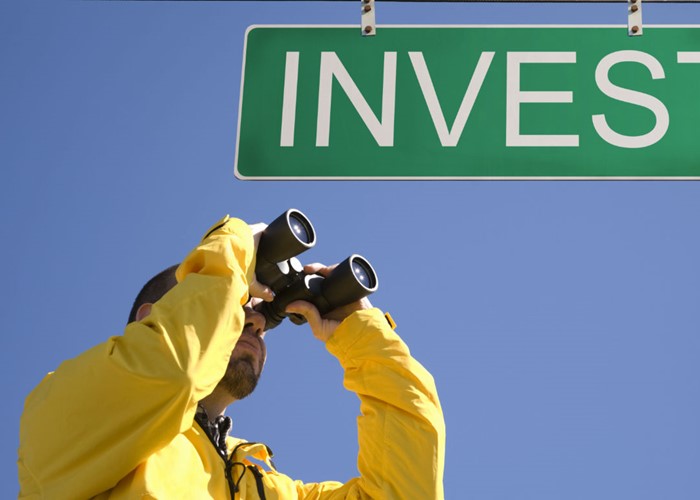Unmined gold: not the investment goldmine it sounds!

Unmined gold is not the killer investment these cold-calling scammers claim it is.
Fans of old black and white westerns will know the term “salting”. It occurred when the villain (invariably in a black hat) put a gold coin in a shotgun and blasted the metal into a rock on a property he owned. Then he would sell this land to an unsuspecting victim who had been convinced he was literally sitting on a goldmine.
In today's investment world, anyone who has ever considered gold mining shares knows these are highly speculative – depending on the metal's see-saw price, the amount of ore, and the cost of getting it out of the ground.
Sitting on a goldmine
It was with these thoughts in mind that I listened to Sam when he cold-called me. He wouldn't classify it as cold-calling, because he claimed I had filled in an enquiry form “towards the end of last year”. Needless to say, he couldn't supply any further details.
Sam was fond of the word “fantastic” in almost every sentence. But the self-described “gold expert” was trying to rip me off, selling the fantasy of unmined gold.
But before telling me about the gold, apparently still in the ground and so subject to potentially high extraction costs (if it existed at all), he decided to appeal to my greed. “What are your financial goals? Would you like to retire early? What if I could show you an investment that would be guaranteed to make you happier and richer?”
He told me the price of gold had risen an impressive 360% over 20 years (ignoring that so have many other assets). Obviously, he knew nothing about compound interest, so he turned that into 18% a year (360 divided by 20) when the real figure based on his calculation is a not very impressive 6.6%.
A less volatile investment
Going through the usual reasons for buying gold – electronic uses, jewellery, Asian demand and so on – he ignored the near $500 an ounce fall since September 2011. But he told me “Gold is less volatile than any other asset”.
Really?
Gold is currently trading around $1,380 an ounce. But Sam's firm was willing to sell me gold still in the ground at $1,000 an ounce thanks to a link-up with a Singapore-registered firm, based in Hong Kong, which owned mining rights in Canada. And it must be real – the Singapore firm had issued a press release.
I would be buying gold “under market value”. It's an essential investment rule to always examine claims of “under market value” carefully. They rarely stand up to scrutiny.
Sam obviously wanted to talk about me rather than gold in the ground (real or otherwise).
“What is it worth to have all your financial problems resolved?” he asked, before going on to probe my interest in sport. He was a Millwall fan and once he had ascertained what team I supported (I lied) he asked how much it would cost to sit in the director's box, suggesting that if I signed up to unmined gold, I would be able to afford it.
Trust the geologists!
Back to investments. If the gold price remained static, I would turn £10,000 into £14,000 in the two years in which my investment was locked in.
Even better news from Sam is that geologists are apparently expecting gold to top $2,000 an ounce within two years. With all due respect to geologists, I would not turn to them for a forecast of the price of a volatile commodity.
Sam is fond of sayings. “Delay is the thief of opportunity” and “Each person is different” are among his repertoire.
Sam had already anticipated my “If this is so good, why not do it yourself and not spend time on individual outside investors?” question.
“We have a stake, which is your guarantee, but we sell to outsiders to create further equity for the future,” was the not entirely convincing or understandable answer.
Then Sam congratulated me on “grasping the market so well”.
He announced: “I'm working with a senior. He's amazing, a great trader and he can benefit us all if you do this.”
Asking how I rated the investment on a one to ten basis with ten high, I replied nine and a half. Sam was overjoyed.
He said: “Trust me. You are in more than capable hands.”
And that was so good to hear! Still, I'm going to leave this gold in the ground. Needless to say, this is not a regulated activity so you won't get any help from the authorities when you discover, like they did in those old movies, that the mine was salted.
More on scams:
The scammers who thought I was a Knight of the Realm
Tragic phishing scam victims who didn't even own a computer
12 surefire signs you're being scammed
The scammer who promised I could make money from dog faeces
The retiree waging war on the eBay tractor scammers
Comments
Be the first to comment
Do you want to comment on this article? You need to be signed in for this feature